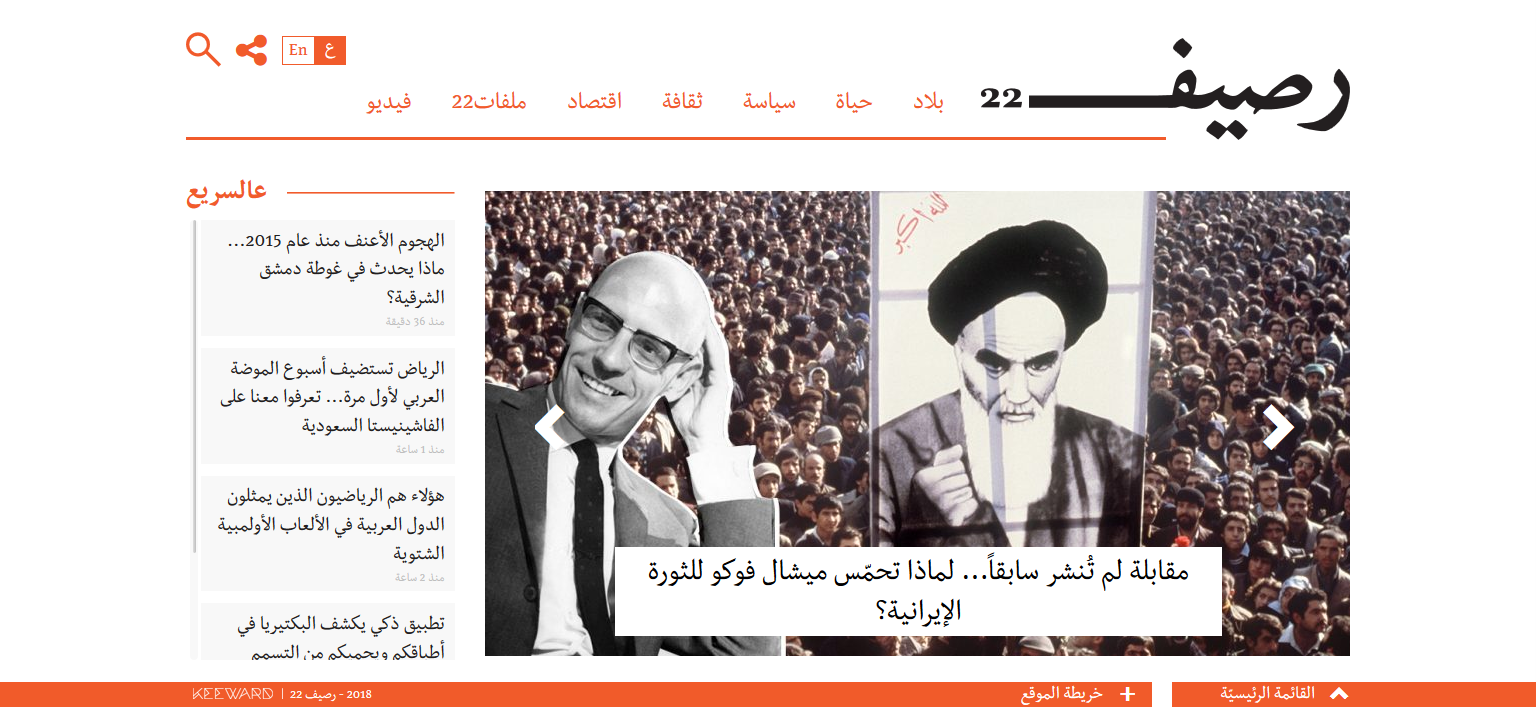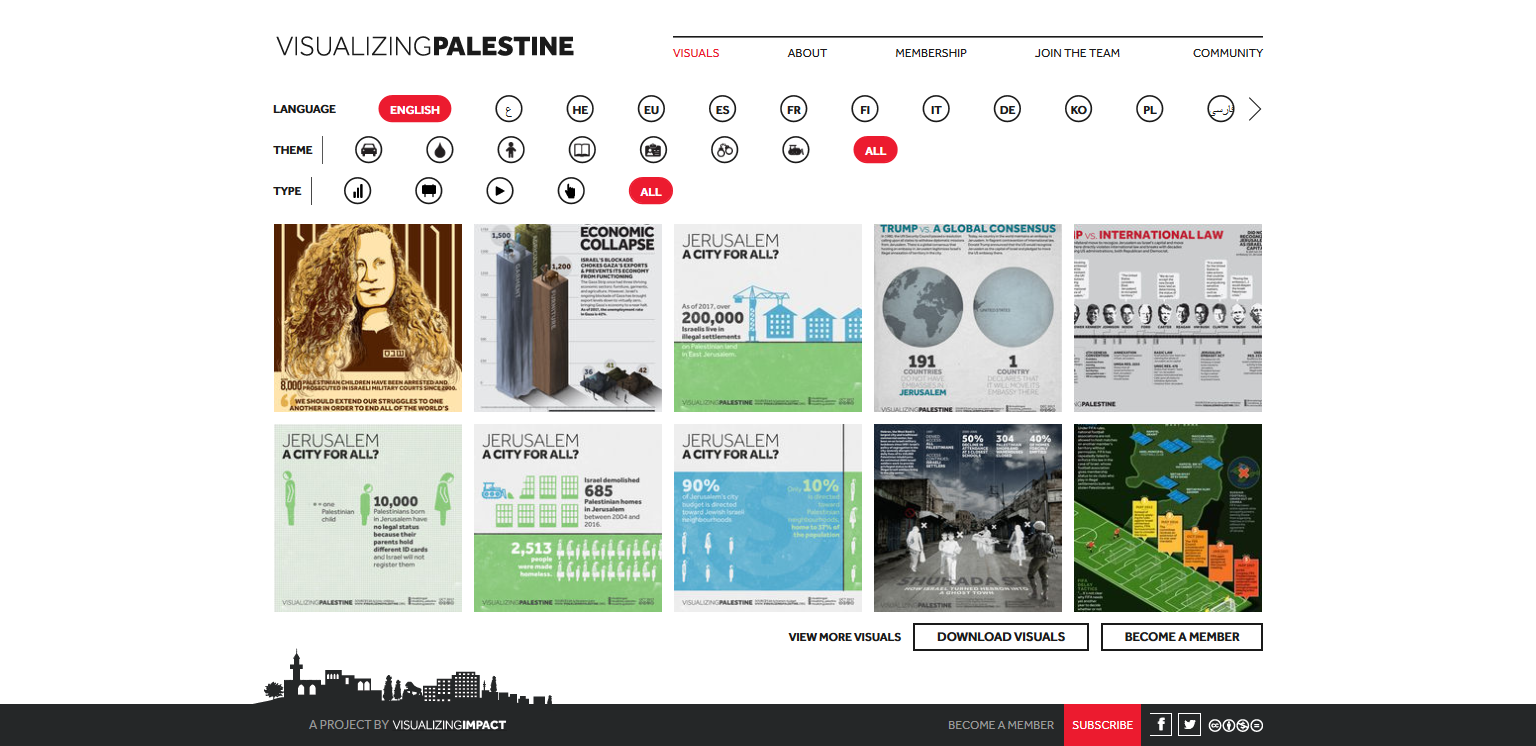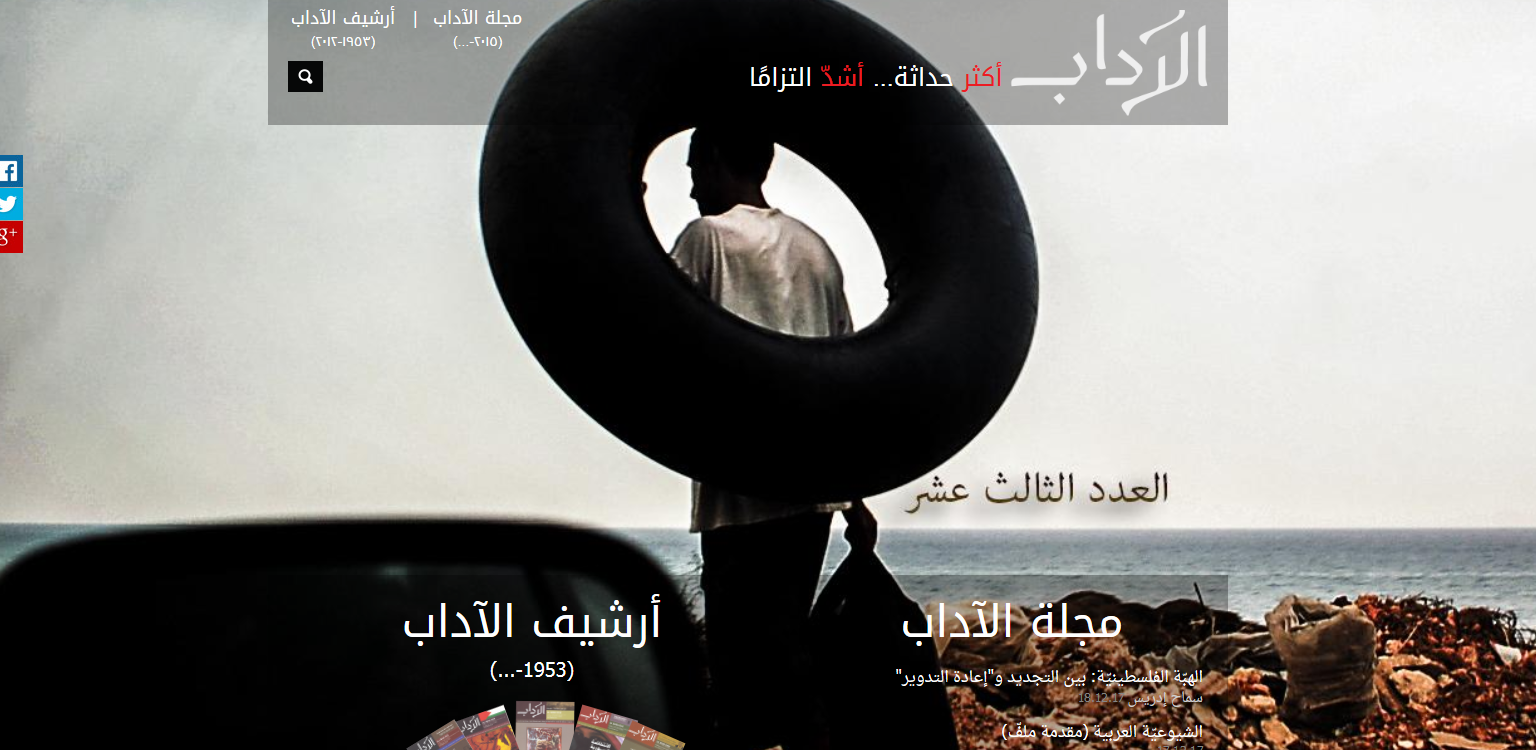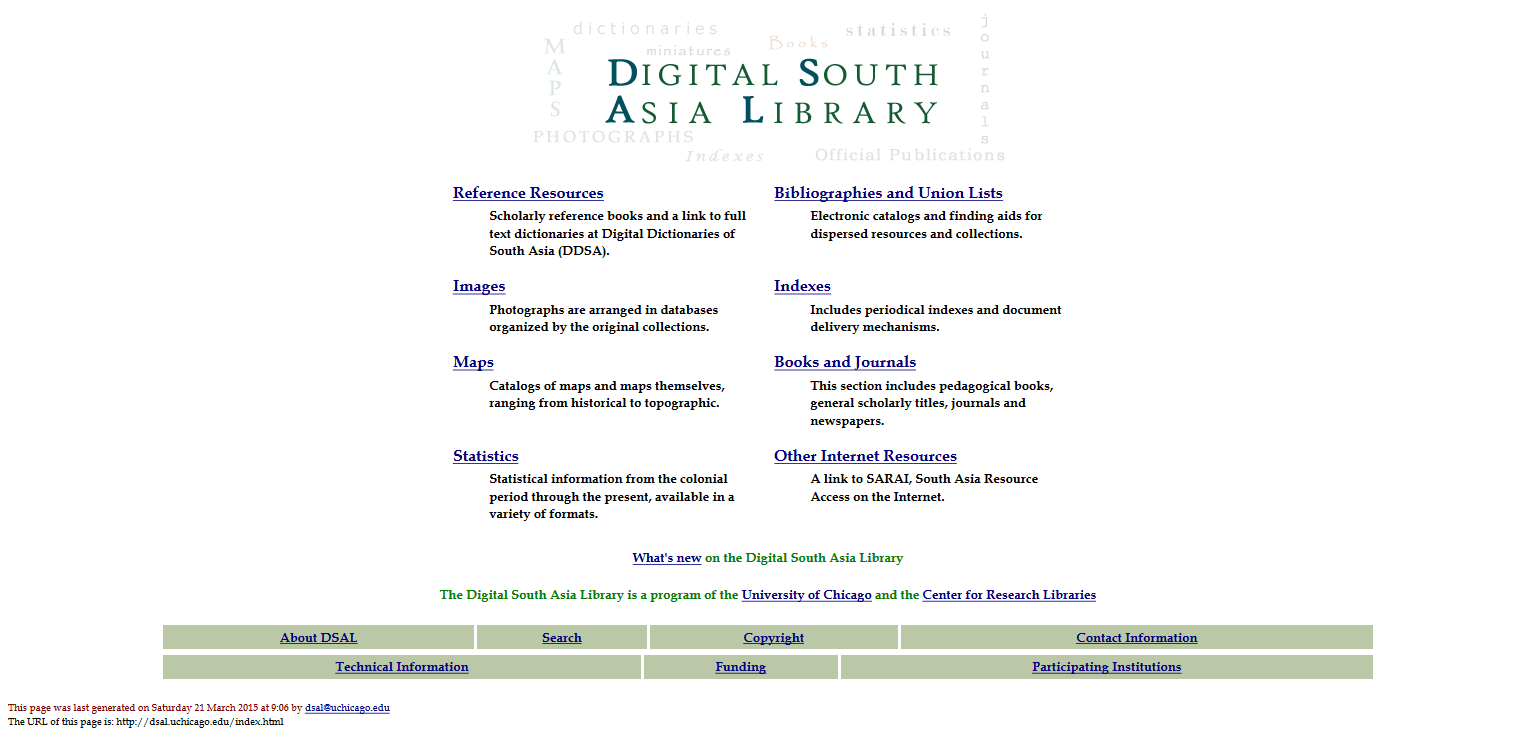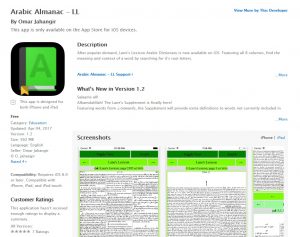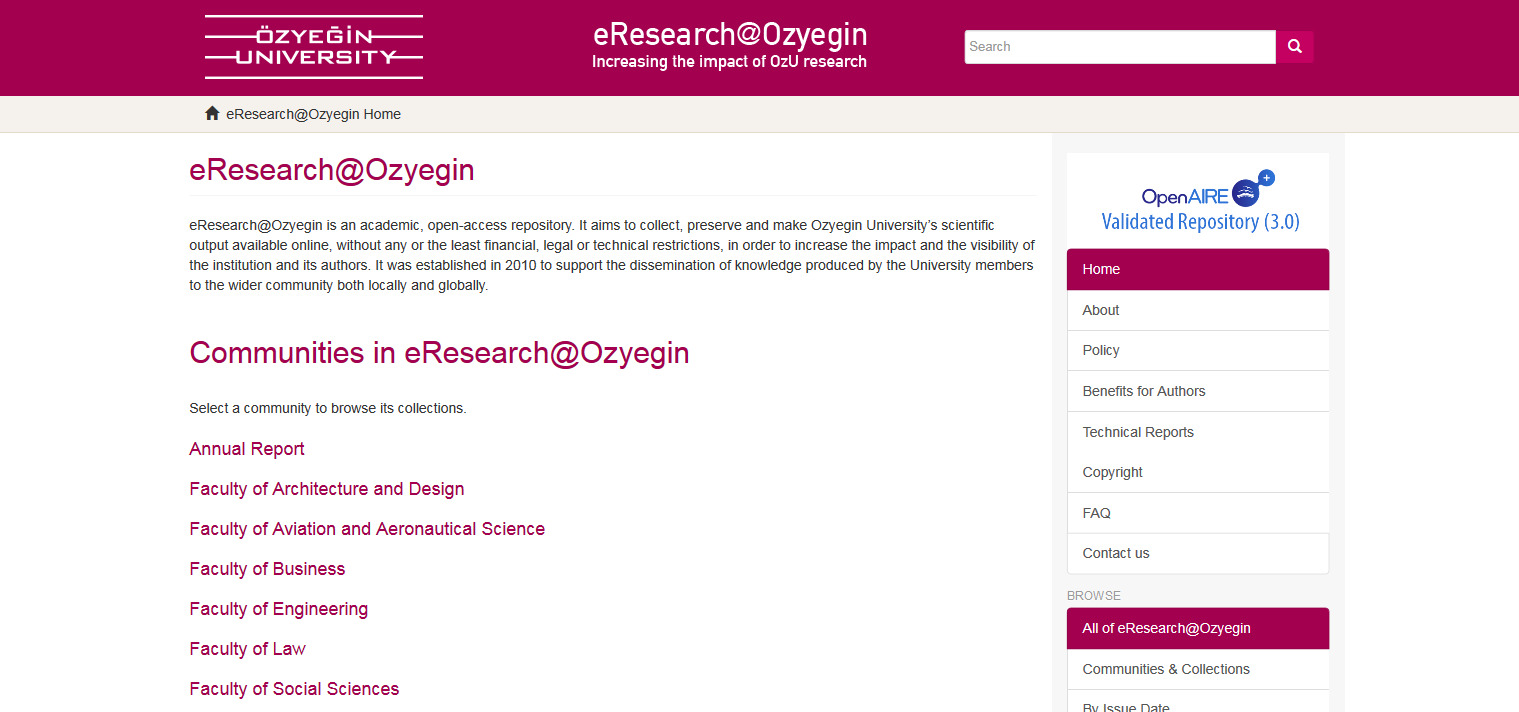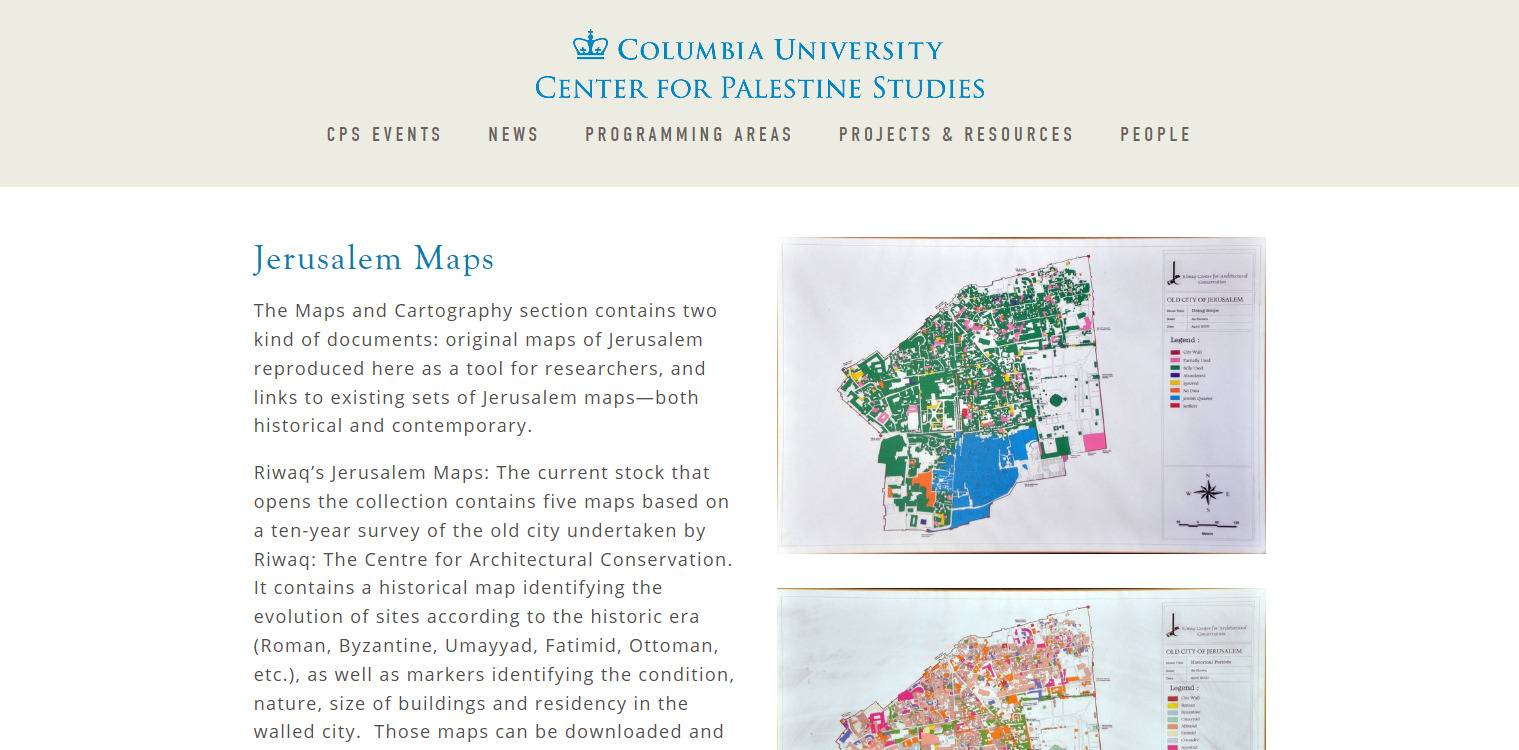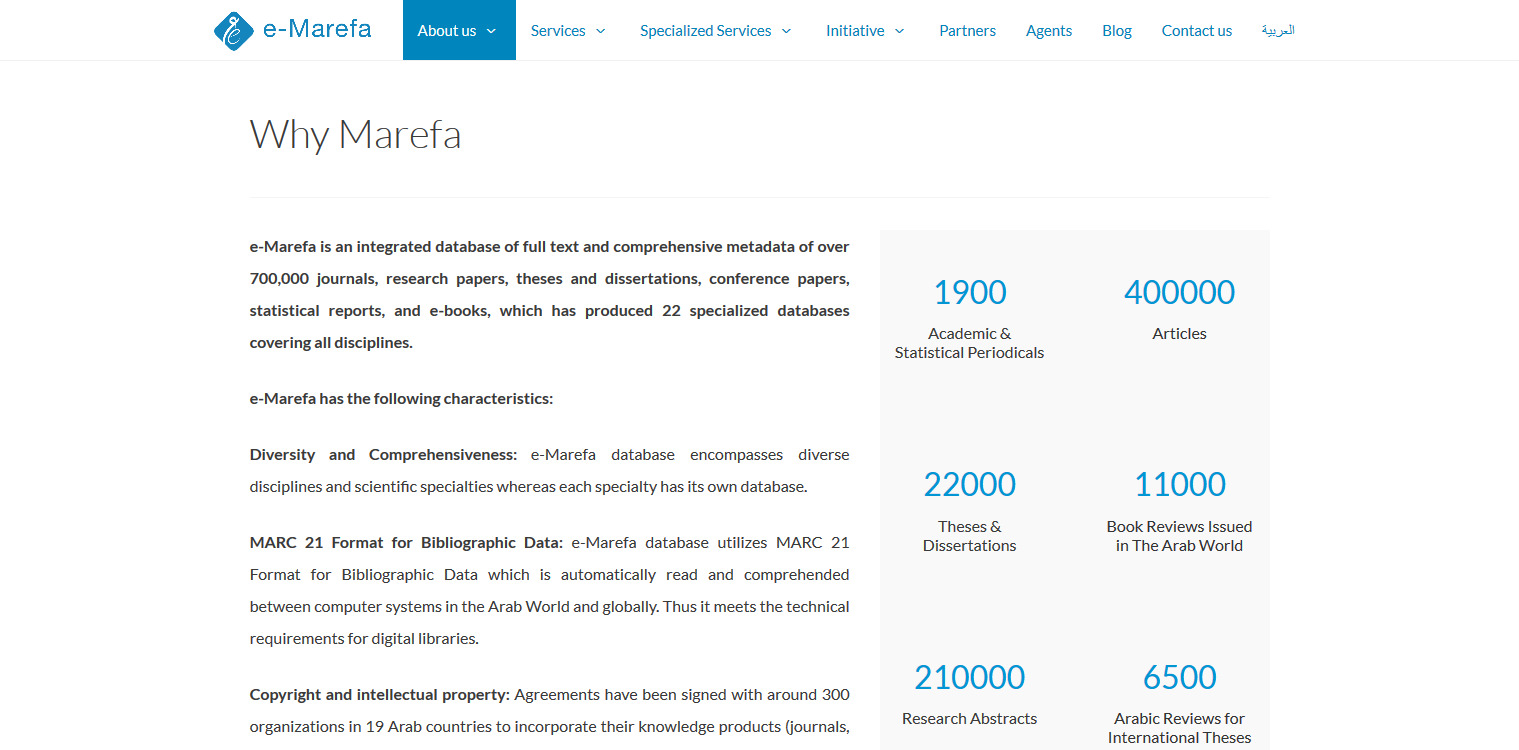If Morrice Hall’s walls could speak, you would hear the story of faculty and students of the Presbyterian College of Montreal, of wounded soldiers returning from war overseas, and of members of the International Labour Organization seeking a safe space to work during war-time.
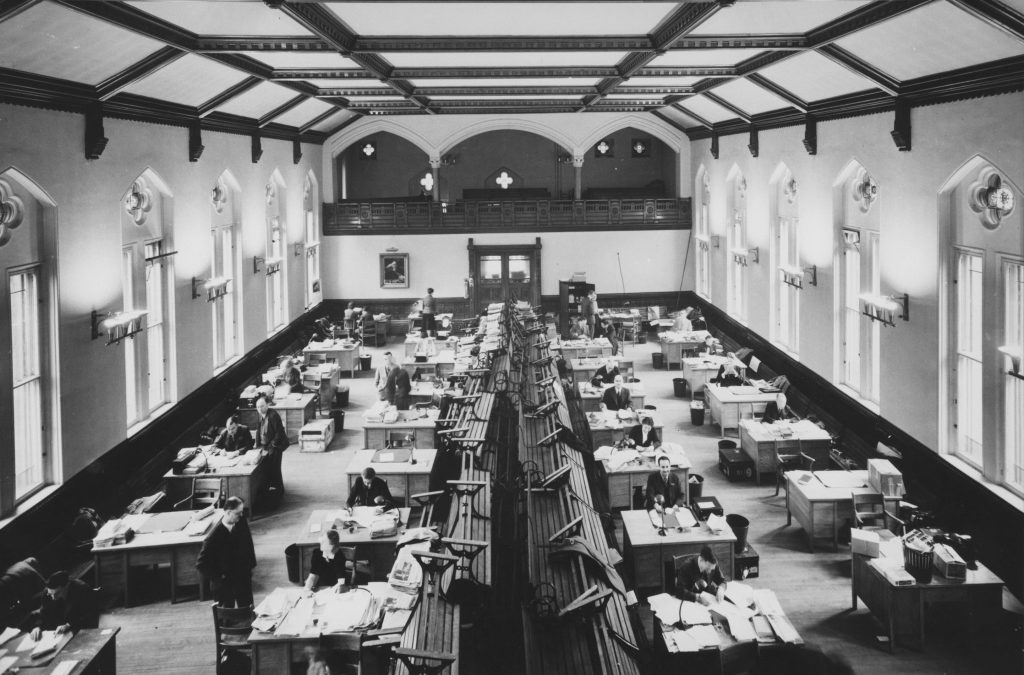
Morrice Hall interior during International Labour Organization occupation (1940)
Today home to McGill’s Islamic Studies Library, the Institute of Islamic Studies, and the English department’s Tuesday Night Cafe Theatre, Morrice Hall was built in 1882, as a home for the Presbyterian College. Named in honour of David Morrice, then-Chairman of the College’s Board of Management and generous donator of $80,000, Morrice Hall was an extension to the original College building, itself built in 1873.
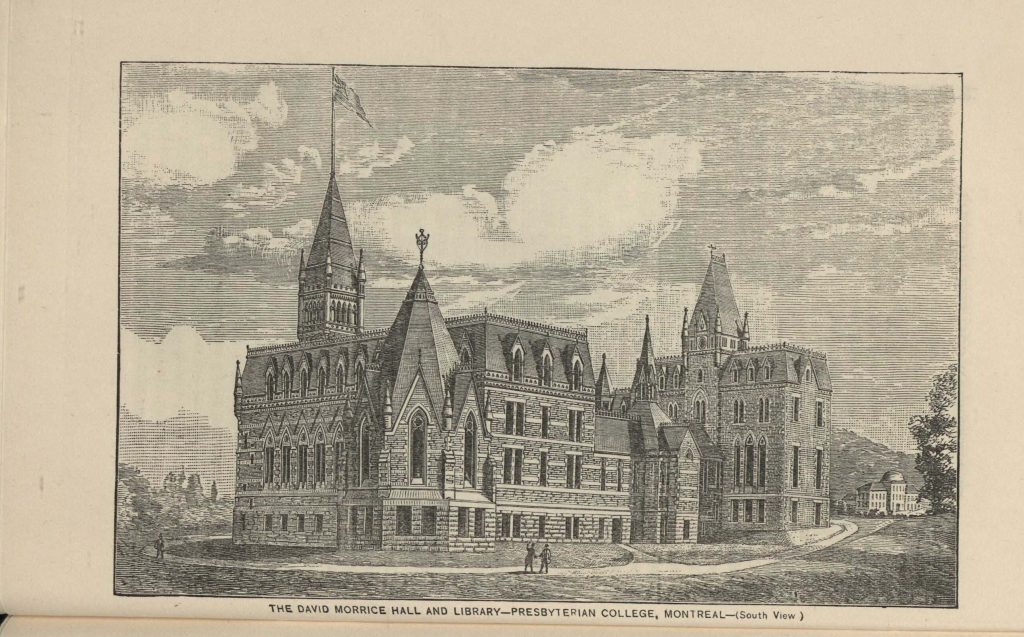
Drawing of Morrice Hall – Presbyterian College Journal, vol. 5, no. 3 (1885), p. 86
Presenting a mixture of photos, publications, plans, and maps spanning 135 years, If Walls Could Speak will take you through the major moments in the history of Morrice Hall: from its foundation, to expansion, to the interruptions of war, to the demolition of the original building and the renovations that created the space we know in 2018.
Curated by Islamic Studies Library’ staff -Ghazaleh Ghanavizchian, Jillian Mills, Anaïs Salamon-, this exhibit offers a unique experience making materials discoverable simultaneously in a physical display and on a touch table.
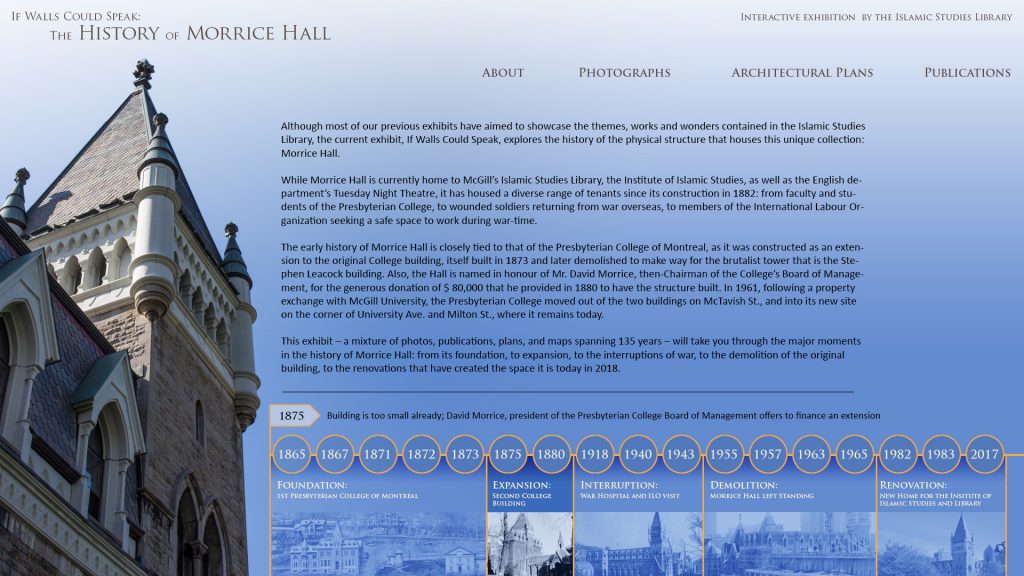
Touch Table Exhibit capture (2018) – credit: Greg Houston
Title: If walls could speak: the History of Morrice Hall
Dates: February 19, 2018-July 15, 2018, during opening hours
Location: Islamic Studies Library, 1st floor of Morrice Hall
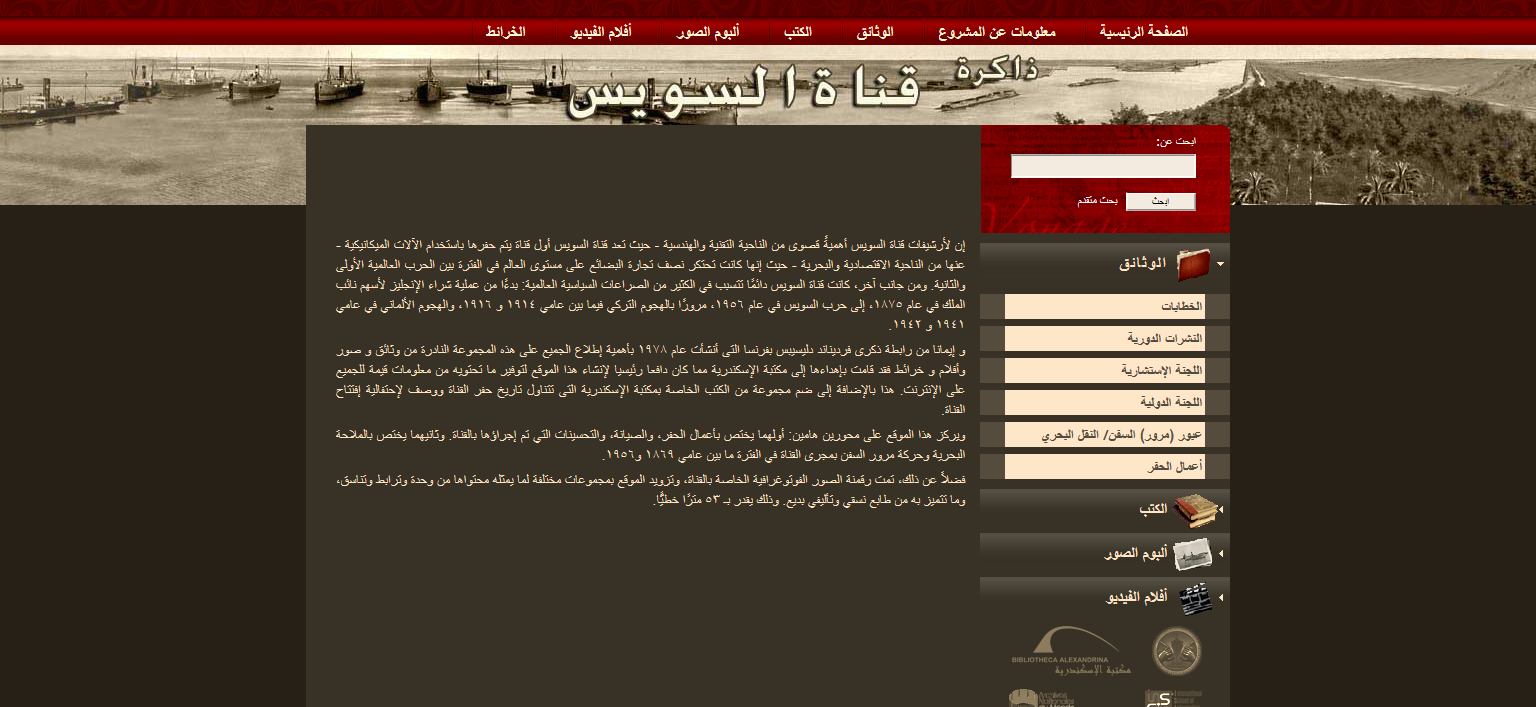 Documents in French and Arabic can be browsed using the top menu or searched via the search box available on each page. The definition of images is not exceptional but good enough to read.
Documents in French and Arabic can be browsed using the top menu or searched via the search box available on each page. The definition of images is not exceptional but good enough to read.




